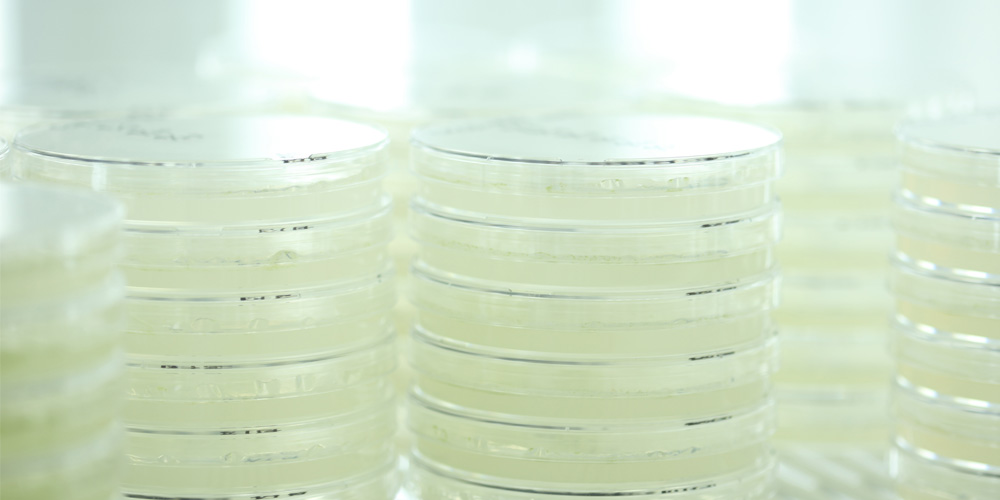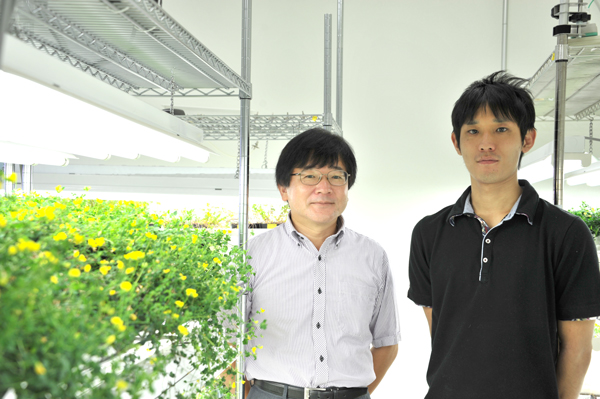
National Institute for Basic Biology




2014.09.19
Leguminous plants are able to grow well in infertile land, and bear many beans that are important to humans. The reason for this is because most legumes have a symbiotic relationship with bacteria, called rhizobia, that can fix nitrogen in the air and then supply the host plant with ammonia as a nutrient.
The plants create symbiotic organs called nodules in their roots. However, if too many root nodules are made it will adversely affect the growth of the plants, because the energy cost of maintaining excessive nodules is too large. Therefore legumes must have a mechanism to maintain the proper number of root nodules, but this system has been poorly understood.
Graduate Student Takema Sasaki and Professor Masayoshi Kawaguchi of the National Institute for Basic Biology, a member institute of the National Institutes of Natural Sciences, in collaboration with RIKEN, have shown that cytokinins, a kind of plant hormone, play an important role in preserving proper root nodule numbers using the model plant Lotus japonicus. The results of this work were published in the journal 'Nature Communications' titled "Shoot-derived cytokinins systemically regulate root nodulation".

Professor Masayoshi Kawaguchi and Mr. Takema Sasaki